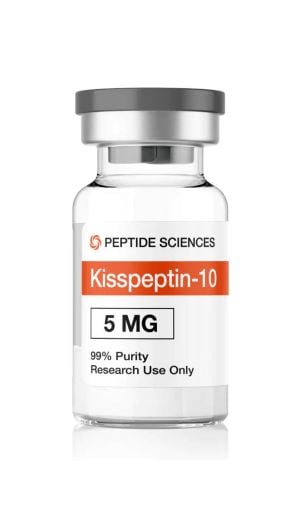I was speaking to a doc the other day who is in to Hormones and peptides , he said he had a lot of patients who increased their T a lot on Kisspeptin, they however were not on TRT. I wondered if anyone one here was using it with success while on TRT. The reason I am interested in this is that to get my counts up to where they need to be on TRT my DHT is too high resulting in hairloss and BPH, I speculated that if Kisspeptin does increase T maybe the DHT increase would be less. Mind you I have hypogonadism which maybe a issue re Kisspeptin.
I posted this here instead of the Peptide section because its more to do with the T than the P.
I posted this here instead of the Peptide section because its more to do with the T than the P.

















